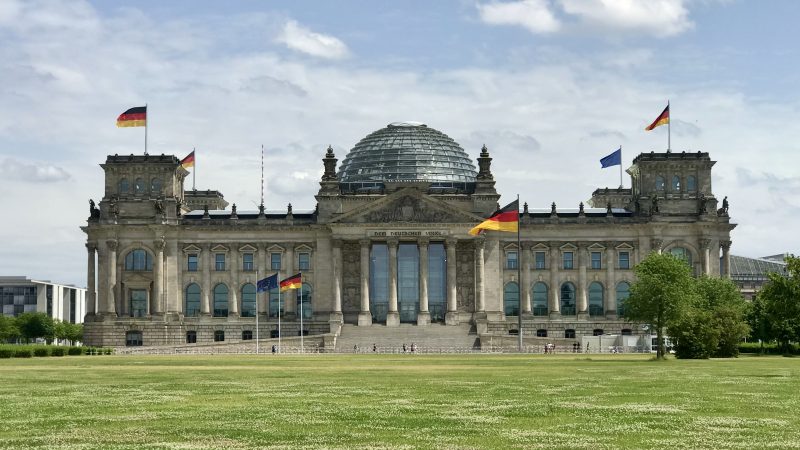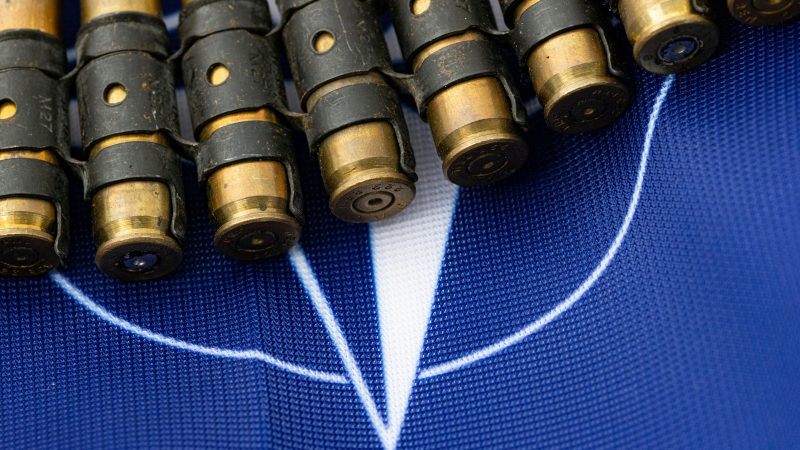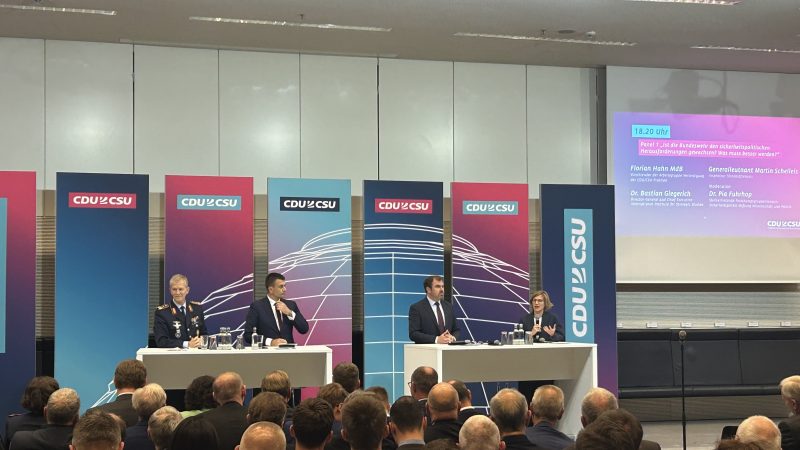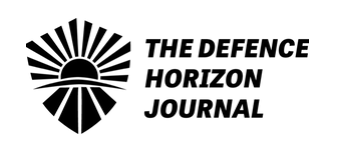FVS trifft Bartels
Das „Forum Vernetzte Sicherheit“ traf, kurz vor seiner Wahl zum Wehrbeauftragten, mit Dr. Hans-Peter Bartels zusammen. Wir gratulieren auf diesem Wege und danken Herrn Dr. Bartels für die Erlaubnis, seine Rigaer Rede anlässlich der Interparlamentarischen Konferenz der EU zur Gemeinsamen Außen- und Sicherheitspolitik noch einmal im Wortlaut zu veröffentlichen:
“I am very pleased to be here today in order to share a few ideas and suggestions about European defence policy.
The Task Force paper is very helpful and very clear. We do not need diplomatic clichés or political phrases. The current CSDP is the weakest link in the project of European integration. The Lisbon Treaty both demands and permits a great deal more in terms of our common defence activities.
Sometimes, people need crises in order to make real progress. We have a crisis – in the east of Europe: between Russia and Ukraine. And we have a crisis to our south-east: caused by the jihadi totalitarianism of the ‘Islamic State’ in Syria and Iraq. And we have a crisis in Europe’s southern neighbourhood: the legacy of the ‘Arab Spring’, which is not just affecting Libya. And we all have the same money problems: None of the EU countries really want to spend more money on their military capabilities. That is why the European Union has got to become much, much more effective in the defence sector. The 28 EU Member States allocate a total of 190 billion euros to defence each year. This is a huge amount of money, three times as much as Russia’s spends for example. But we have 28 different national budgets that do not use that money effectively enough.
The 28 EU states have 1.5 million soldiers altogether, far more than the USA for example. But is this army of 1.5 million servicemen and women visible anywhere? Do we think we are strong? Do others think we are invincibly powerful? No, I don’t believe anyone thinks that. Does that mean we need even more military personnel? No. Does that mean we need even more money? No.
We need greater effectiveness – and the implication of this is that we need more cooperation. First point: More interoperability. Second: More standards in training. Third: More standards in equipment. Fourth: More unified command structures. Fifth: More division of labour. Sixth point: More true integration.
Of the 28 EU Member States, 22 are members of NATO as well. Action to improve Europe’s defences would simultaneously enhance the credibility of our trans-Atlantic alliance. There is no conflict between NATO’s defence role and the EU’s defence policy. NATO and the EU are not competing against each other. There is no need for them to be rivals. NATO and the USA are not competing against each other. The USA and the EU can complement each other within NATO.
There are tasks the USA carries out that are not NATO tasks, in East Asia for instance. There are tasks Europe carries out that are not NATO tasks, in Africa for instance. Then there are shared tasks that America and Europe carry out within NATO. There is an extremely stupid imperative, a truly frustrating maxim that has prevented us from becoming more effective in Europe for a long time.
I am thinking of the phrase: ‘No duplication of capabilities.’ That sounds like the intelligent, economical use of resources. But it is precisely this thinking that has been holding us back from becoming more effective. What is meant is that the EU should not have its own military headquarters.
This means that NATO is in charge of everything as far as defence is concerned, and the EU is just a subordinate organisation responsible for humanitarian aid. This is not an efficient work-share. NATO is led by a four-star US general in Brussels. At the same time, the USA has its own military headquarters for all the US forces in Europe. This headquarters is located in Europe, in Germany, at Stuttgart. It is called US EUCOM. Is this a duplication of capabilities? No, it is just as reasonable to have a US headquarters for the USA in Europe as it is to have an EU headquarters for Europe in Europe. Because we do not have such a headquarters, we fail to identify all the capabilities that are duplicated in our 28 EU Member States and put an end to this waste of resources.
This prompts the following six demands: Firstly: We need our own military headquarters in Europe (as it was proposed by Schröder and Juncker back in 2003). It should be based at Brussels. And we need it now! Secondly: We need a defence commissioner in the European Commission. Thirdly: We need a dedicated council of European Union defence ministers. Fourthly: We need a dedicated defence committee at the European Parliament. Fifthly: We need more real multinational arrangements that bring together our individual armed forces. Such as the joint naval HQ formed by the Netherlands and Belgium. Such as the European Air Transport Command at Eindhoven. Such as the integration of the Dutch air mobile brigade into the German Rapid Forces Division. Such as the German-Polish Army Agreement. We are not at square one. We have already made a start. Sixthly: We need a new European Security Strategy, which will have to address all these issues. In restrained diplomatic language, of course. The ESS of 2003 was a milestone because it established Europe’s commitment to multilateralism against the Bush-doctrine of that time and America’s commitment to unilateralism. Today, we are facing new crises, we have a new Commission, and there are new opportunities. Let’s take them.”






